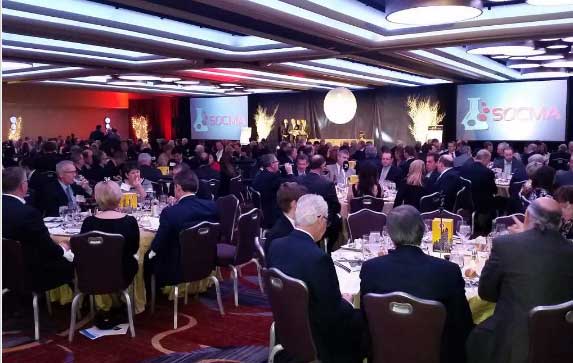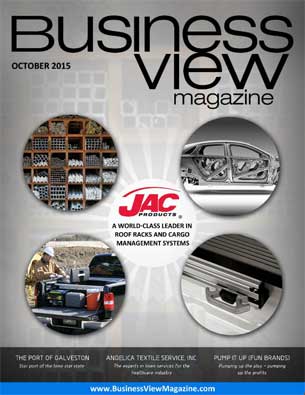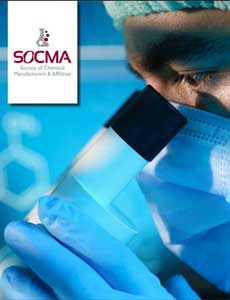From pharmaceuticals to fracking, SOCMA is the voice of the specialty chemical niche
SOCMA was founded in 1921 as the Synthetic Organic Chemical Manufacturers Association – a trade protectionist group. It was just after World War I, and more well-established countries like Germany were dominating the chemical industry. Led by President Dr. Charles Herty, SOCMA petitioned the government to levy tariffs on imports of specialty raw materials, such as dyes. Herbert Hoover, then Secretary of Trade and future U.S. President, spoke at one of the first SOCMA meetings about the importance of trade barriers.How times have changed. SOCMA is now the Society of Chemical Manufacturers & Affiliates, representing specialty chemical manufacturers, distributors and affiliated service providers, and a staunch advocate of free trade.
 SOCMA President and CEO, Lawrence D. Sloan, shares his insight into this powerful and somewhat complex organization as we take a look at the specialty chemical manufacturing sector.
SOCMA President and CEO, Lawrence D. Sloan, shares his insight into this powerful and somewhat complex organization as we take a look at the specialty chemical manufacturing sector.
“Back in 2011, free trade agreements with South Korea, Colombia and Panama were signed into law,” Sloan said. “We have found all free trade agreements around the world benefit the chemical industry, and we are currently advocating for passage of the two latest agreements pending: the Trans-Pacific Partnership (TPP) and Transatlantic Trade and Investment Partnership (TTIP).”
The chemical industry today is global, and many SOCMA members are purchasing raw materials from overseas when there is not a U.S. supplier. The Miscellaneous Tariff Bill (MTB) is an important advocacy point in this regard. “The MTB allows us to help our members reduce or eliminate tariffs on purchases that don’t have a domestic supplier. Congress let the MTB expire at the end of 2012 – a big concern for SOCMA members who are collectively spending billions of dollars per year on tariffs that would be mitigated under the MTB.”
SOCMA has three main strategic directives:
• Enhancing networking opportunities to facilitate development and growth of member businesses
• Increasing public confidence in the chemical industry
• Positively influencing the passage of rational laws and regulations
Membership includes small and mid-sized companies and specialty “arms” of larger corporations. To date, there are approximately 200 members in four classes:
1. Manufacturers – U.S. facilities that manufacture chemicals
2. International – non-North American firms that sell to U.S. customers but do not have manufacturing facilities located in North America
3. Distributors – companies that buy and resell chemicals
4. Affiliate – includes consultants, equipment providers, service providers, testing labs, etc.
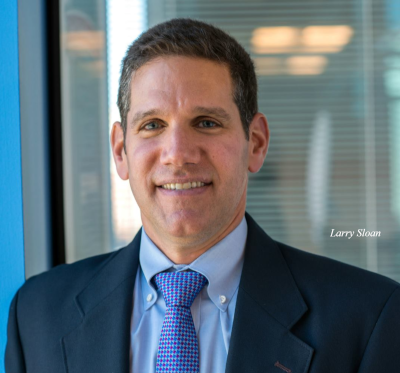 “We don’t represent any one family of products,” Sloan said. “Our members make a broad range of intermediate chemicals, which go into products ranging from pharmaceuticals to fracking. You have one extreme that’s considered life sciences – for example, making highly specialized molecules that help products such as Lipitor perform (i.e., the active ingredient). On the other extreme are molecules that go into fracking (in oil and gas drilling) that are considered a true industrial application. In between are the chemicals that go into detergent, cosmetics, food, automotive, construction – hundreds of thousands of products that our members collectively manufacture for different applications.”
“We don’t represent any one family of products,” Sloan said. “Our members make a broad range of intermediate chemicals, which go into products ranging from pharmaceuticals to fracking. You have one extreme that’s considered life sciences – for example, making highly specialized molecules that help products such as Lipitor perform (i.e., the active ingredient). On the other extreme are molecules that go into fracking (in oil and gas drilling) that are considered a true industrial application. In between are the chemicals that go into detergent, cosmetics, food, automotive, construction – hundreds of thousands of products that our members collectively manufacture for different applications.”
SOCMA has many long-time members. Some are second- or third-generation family businesses – typically, with a revenue range of $20 – $50 million and employing 50 – 150 people. There is a collaborative synergy between SOCMA membership and the major global chemical entities. Eighty-five percent of members are considered SMEs (small and medium enterprises), but smaller divisions of the big names, such as BASF and Ashland, also participate.
“On the regulatory front, we work directly with a plant,” Sloan said. “If you have five or six different operating plants across the country, maybe one has a specific niche that can benefit from SOCMA assistance. We represent a line of products, as long as they are in the specialty arena and not considered a commodity, and are a good fit for the companies that manufacture them.”
A staff of 24 manages SOCMA’s affairs, and the budget is achieved through split funding sources. Membership dues account for 55 percent, with the balance coming from non-dues revenue, including conferences such as GlobalChem and InformEx, sponsorships and various value-added services like PMNPro. This consultancy program helps companies register molecules with the Environmental Protection Agency (EPA) and provides an efficient, cost-effective answer to any PMN-related challenge. It allows companies to avoid much higher fees they would have to pay a law firm to do the same work.
Association Management Services (AMS) has been under the SOCMA umbrella since the early 1970s. AMS manages separately funded, affiliated associations and consortia related to the chemical industry that do not require full-time support. AMS adds about $1 million to the SOCMA budget, bringing the total revenue stream to approximately $6.5 million.
Face-to-face events throughout the year offer essential networking environments for SOCMA members. One of key importance to the industry is “InformEx” – a trade show averaging 2,800 attendees that focuses on building partnerships among buyers and sellers of fine and specialty chemicals, particularly those who provide outsourced contract manufacturing services. SOCMA created the show in 1984 and sold it 10 years later, but remains its prime sponsor.
“On the advocacy front, SOCMA focuses on high-level issues impacting the majority of our members,” says Sloan. “That covers macro issues like Toxic Substances Control Act (TSCA) reform, plant security legislation, and tax-related issues, among others, that are of common interest to the broad swath of our membership.”
Sloan anticipates a great deal of work with the EPA in the future. “Once TSCA reform becomes law and the EPA modifies the regulatory framework, we want to get the word out to our members and ask them to comment on various provisions. We are pleased that regulatory agencies are responsive to the concerns of our membership.”
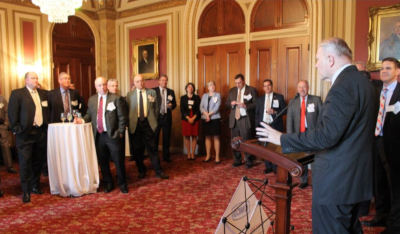
ChemStewards, SOCMA’s environmental, health, safety and security management program, just launched a new web portal to help members comply more readily with regulation changes. An exciting side initiative, ChemStewards for Labs, will provide lab environments a similar framework to enhance safety and security. Chemistry lab safety is a high priority issue for academia and industry alike, as underscored by too many accidents that have resulted in loss of life over the years. By 2020, Sloan envisions this program will be in use by university and chemical company labs across the country.
Moving forward, SOCMA plans to continue its mission to enable safe, sustainable and environmentally responsible operations that are internationally competitive and contribute to a healthy, productive economy.
As Sloan notes, “We are a trade association where all members are equal stakeholders. No one company dominates the agenda. With so many complicated regulations and laws that govern our industry, we are a resource our members can turn to for guidance. We are their voice on Capitol Hill; we continue to advocate fervently for laws and regulations based on sound science, where our members can continue to operate their facilities, be good corporate citizens, and remain innovation leaders of the world.”
AT A GLANCE
WHO: Society of Chemical Manufacturers & Affiliates
WHAT: The recognized voice, and the only U.S. based trade association dedicated to the specialty chemical industry
WHERE: Washington, D.C.
WEBSITE: www.socma.com
DIG DIGITAL?
